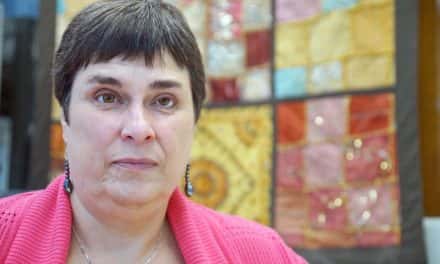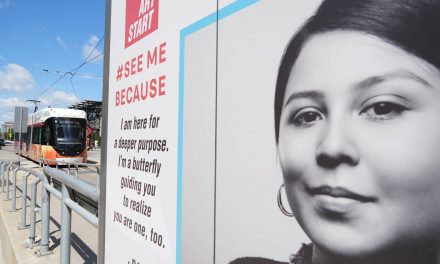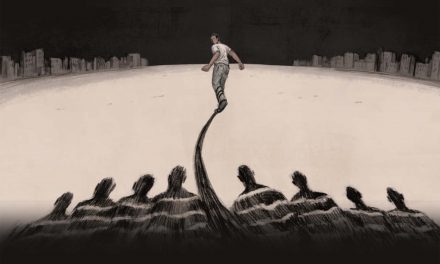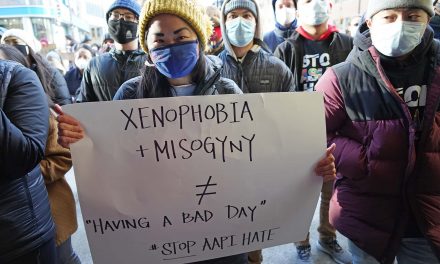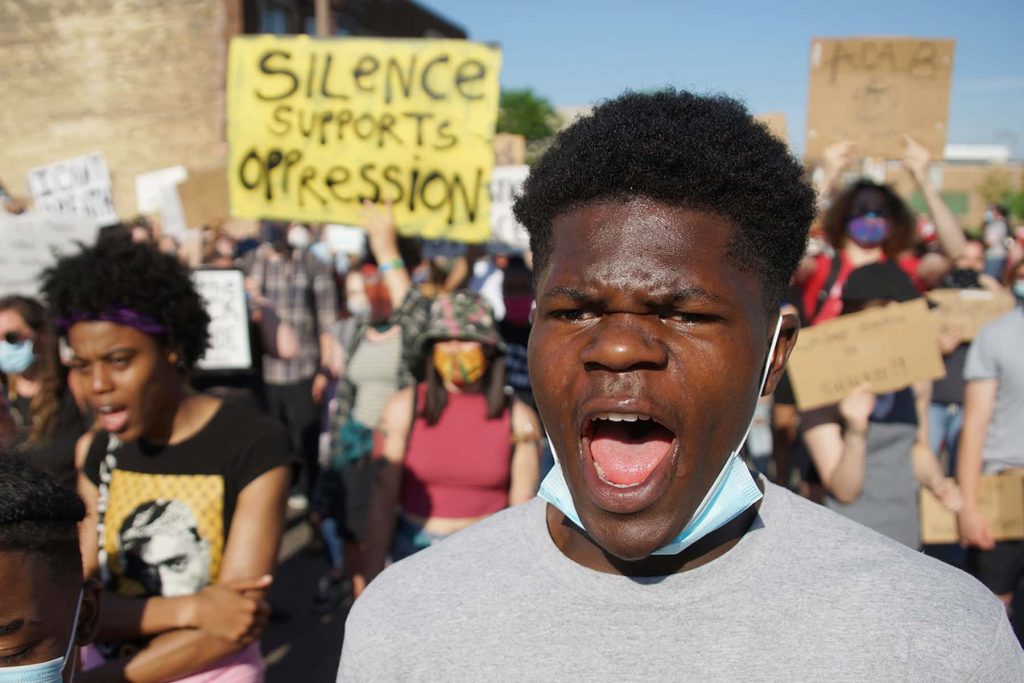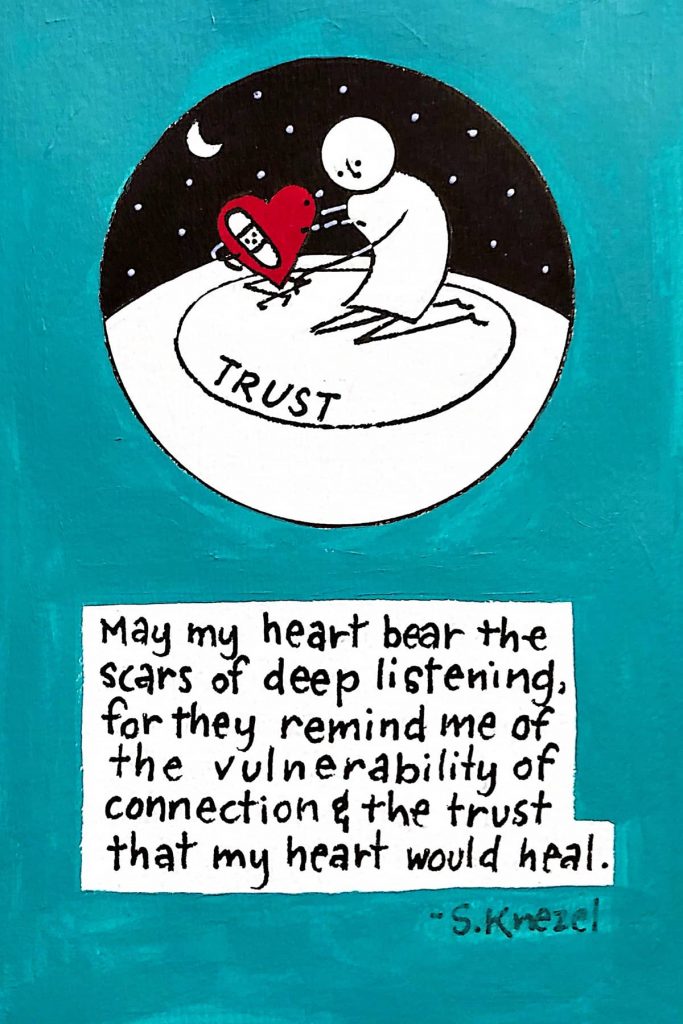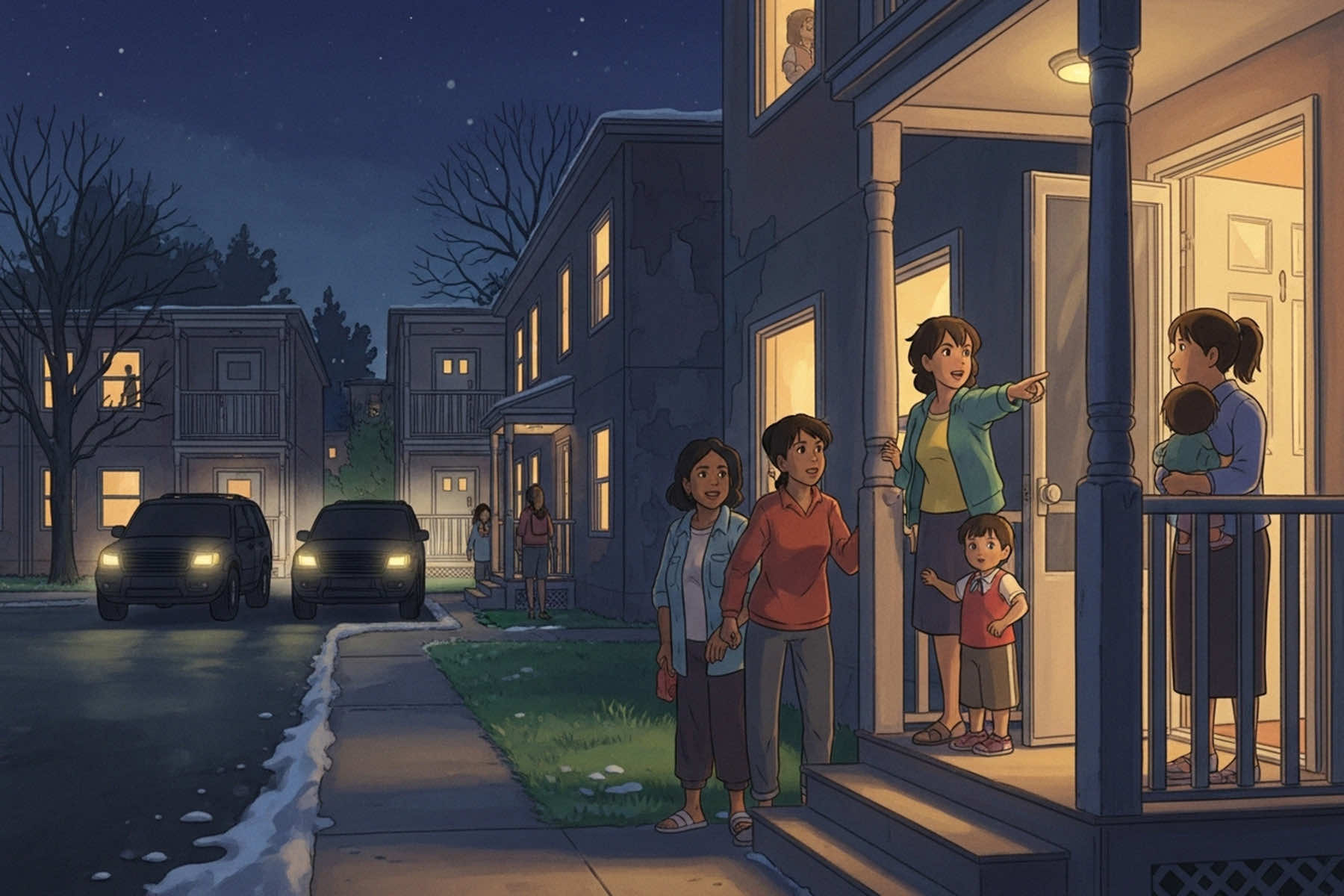
This explainer series, Catholic Doctrine on Immigration, explores how the teaching of faith and Scriptures intersect with immigration policy, focusing on the role of Milwaukee’s Catholic Church in responding to enforcement, labor dynamics, and family separation. Through detailed reporting across legal, economic, and pastoral contexts by Milwaukee Independent staff members, the series examines how Church teaching shapes institutional action and informs the Church’s engagement on national immigration issues. mkeind.com/catholicimmigration
As federal immigration enforcement intensifies across the country, Milwaukee’s Catholic institutions have stepped into the vacuum left by legislative inaction. Beyond spiritual guidance, these churches have become centers of advocacy, accompaniment, and material support for immigrant communities facing an unforgiving legal system.
Their work reflects a theology grounded not in abstract doctrine, but in the lived experiences of families under threat. In neighborhoods across Milwaukee, Catholic parishes have assumed responsibilities more often associated with humanitarian organizations or legal clinics.
They organize “know your rights” sessions, host guardianship workshops, and provide direct logistical support for families navigating detention or deportation. These efforts are rooted in Catholic social teaching, which emphasizes the inherent dignity of every person and the moral imperative to protect the vulnerable. These are the values increasingly absent from political discourse.
The Archdiocese of Milwaukee has also outlined a structured response to the immigration crisis. Its published framework stresses five policy pillars: family unity, a path to legal status for the undocumented, due process protections, humane border enforcement, and a commitment to addressing root causes of migration.
These positions are not rhetorical flourishes. They shape how parishes operate at ground level, particularly in a city where many immigrant families live under constant fear of separation.
One of the most significant expressions of this commitment is the Church’s role in accompaniment — a practice that places volunteers and parish staff alongside individuals during court dates, ICE check-ins, and legal consultations.
In Milwaukee, accompaniment functions as a safeguard, ensuring that immigrants are not left to face hostile systems alone. For families with mixed immigration statuses, this presence can mean the difference between panic and preparation.
Faith-based programs also extend to the structural needs created by immigration enforcement. Catholic parishes in Milwaukee have facilitated emergency plans for undocumented parents, including pre-arranged custody arrangements for their children in case of arrest.
As immigration raids and traffic stops have intensified in southeastern Wisconsin, churches have documented a rise in requests for this kind of planning. The goal is not just spiritual support, but an institutional readiness for a legal environment that targets the undocumented without offering a remedy.
Education is another front where the Church has stepped in. In Catholic schools serving immigrant populations, staff report heightened anxiety among students whose family members are at risk of detention. To respond, some schools have quietly implemented trauma-informed practices and increased communication with parents about legal rights.
These interventions reflect a localized awareness that immigration enforcement does not occur in a vacuum. It affects classroom performance, emotional well-being, and the overall sense of safety within the school environment.
The Archdiocese’s approach is not without internal tension. While Church doctrine affirms the sanctity of national borders and the right of states to regulate migration, it places those concerns beneath the obligation to protect human dignity.
In practice, this means Milwaukee parishes are often engaged in work that runs counter to prevailing political narratives. Rather than aligning with enforcement priorities, these ministries focus on pastoral care, community protection, and systemic critique — all within the bounds of Catholic moral teaching.
One of the clearest examples of this moral positioning is the Church’s categorical rejection of family separation. While some politicians frame deportation as a necessary tool of law and order, Milwaukee’s Catholic leaders describe it as a rupture of sacred bonds.
Parish staff often witness firsthand the fallout. Children are pulled from schools, spouses are left without income, and elders are suddenly isolated. These human consequences are treated not as collateral, but as central concerns that demand organized intervention.
Milwaukee’s Catholic response is also part of a broader movement among dioceses nationwide, but its local implementation is distinctive. Unlike dioceses that operate formal legal clinics, the Archdiocese of Milwaukee relies heavily on networks of lay volunteers, parish-based ministries, and partnerships with secular immigration attorneys.
This decentralized structure allows for rapid response but also requires continuous coordination and education. It is a model built more on solidarity than bureaucracy. In this ecosystem, advocacy is inseparable from direct action.
The Archdiocese encourages parishioners to contact legislators, attend public hearings, and engage in structured advocacy campaigns grounded in Catholic doctrine. This is not partisan activism. It is a theological assertion that the law must serve the common good, not perpetuate suffering.
When federal policies escalate enforcement without reforming legal pathways, local faith leaders interpret such moves as moral failures. Their response is not to wait for change but to intervene where they can.
Even as Milwaukee’s Catholic institutions provide critical support, they face limitations. Resources are finite, and the emotional burden on clergy and lay workers is high. There is also the persistent challenge of trust.
Many undocumented immigrants, especially those who have experienced prior detentions or family separations, remain wary of institutions, even those acting in their defense. Building that trust takes time, consistency, and a demonstrated commitment to confidentiality and respect.
The urgency of this work is expected to dramatically increase, as massive federal funding transforms ICE into a national police force without oversight or accountability. Local institutions will remain the first and sometimes only line of defense, in the face of policies that prioritize enforcement over integration.
In Milwaukee, the Catholic Church has chosen to meet this responsibility not with silence or neutrality, but with sustained action rooted in faith. Its ministries serve as both shelter and protest, in spaces where families are protected, and where policy is challenged in the name of something larger than law.

